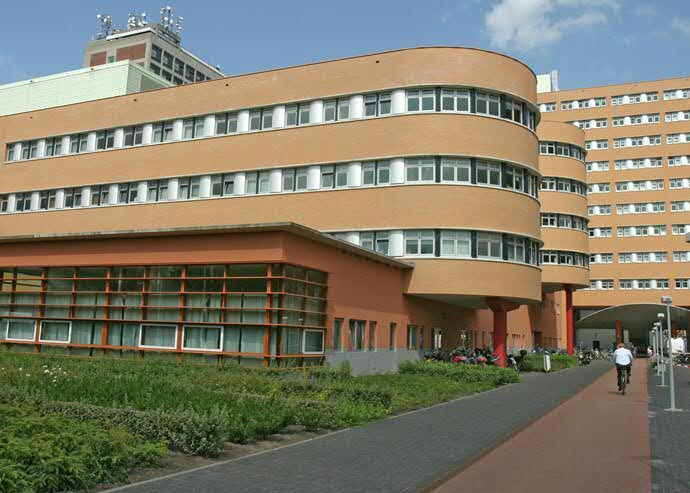Risk of radiation exposure outweighs advantages of CT scan for children

Children with traumatic injuries who need to undergo an abdominal examination are often also subjected to a CT scan. But these scans have only a limited diagnostic value and pose a considerable radiation risk. These are the findings of research carried out by David Nellensteijn of the UMCG. He thinks that treatment guidelines should not be based on these CT scans. Nellensteijn will be awarded a PhD by the University of Groningen on 1 April.
Accidents are the main cause of fatalities and permanent disability among children around the world. Once the child's vital functions have been stabilized after the accident and emergency care has been provided, they will undergo a full physical examination. The physical examination of the child's abdomen is a particularly complex undertaking. In his thesis, Nellensteijn focussed on the current diagnostic and therapeutic strategies for suspected intra-abdominal injuries in children.
Guidelines APSA
Guidelines for the treatment of children with liver or spleen injuries have been drawn up by the APSA (American Pediatric Surgical Association). The treatment is based on the severity of the injury as revealed by a CT scan. However, Nellensteijn's research has revealed that CT scans are not reliable enough to indicate the severity of an injury. According to Nellensteijn, CT scans are therefore an unsuitable basis for clinical treatment guidelines. He argues for treatments based on the clinical parameters themselves, rather than how these are depicted on a CT scan.
Because CT scans can cause radiation damage to children, Nellensteijn decided to analyse the diagnostic results of child CT scans. His research has revealed that these results are very limited: in 96% of the cases, the CT scan did not result in an alternative treatment. Careful analysis of blood levels in combination with repeated physical examinations, one or more ultrasound scans and blood tests can postpone and possibly even eliminate the need for a CT scan. This leads to a reduction in radiation exposure of children. According to Nellensteijn, the risks of radiation caused by the CT scan outweigh the advantages of an early diagnosis.
BATiC score
Nellensteijn also evaluated several alternatives to CT scans. The BATiC score (Blunt Abdominal Trauma in Children) relies solely on information obtained from physical examinations, laboratory results and ultrasound scans. This score can be used to filter out children with a low risk of intra-abdominal injuries and so avoid an unnecessary CT scan. His evaluation reveals that this BATiC score is a reliable diagnostic instrument.
Nellensteijn recommends reducing the number of CT scans of children who are admitted to hospital with traumatic injuries, but he is sympathetic with physicians who do request these scans. Nellensteijn: ‘In the first place, there is the physician's fear of missing something or not knowing what the abdominal injuries are, while with a CT scan you can find this out relatively quickly. And then there is the fear of being labelled as negligent for failing to have a CT scan done.’ He hopes that his thesis will contribute to more awareness of radiation risks and more treatments in accordance with the ALARA principle (as low as reasonably achievable).
Curriculum Vitae
D.R. Nellensteijn (1975, Amsterdam) studied Medicine in Groningen. He conducted the research for his thesis in the surgery department of the UMCG. The title of his thesis is ‘Pediatric abdominal injury; Initial treatment and diagnostics.’ He is currently employed as a trauma surgeon at the St Elisabeth Hospital in Curaçao.
More news
-
17 November 2025
Artificial intelligence in healthcare
-
04 November 2025
AI Factory in Groningen advances digital sovereignty
-
03 November 2025
Menopause in perspective: How the media influences our perception
